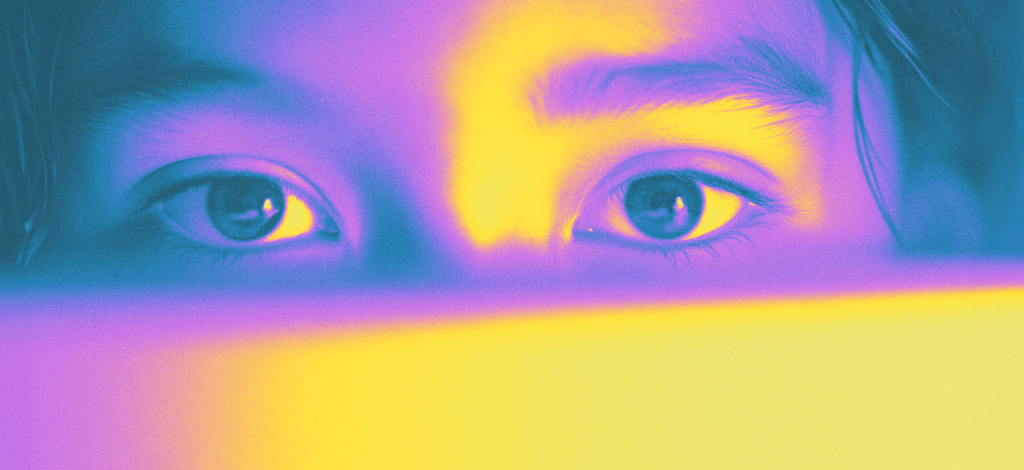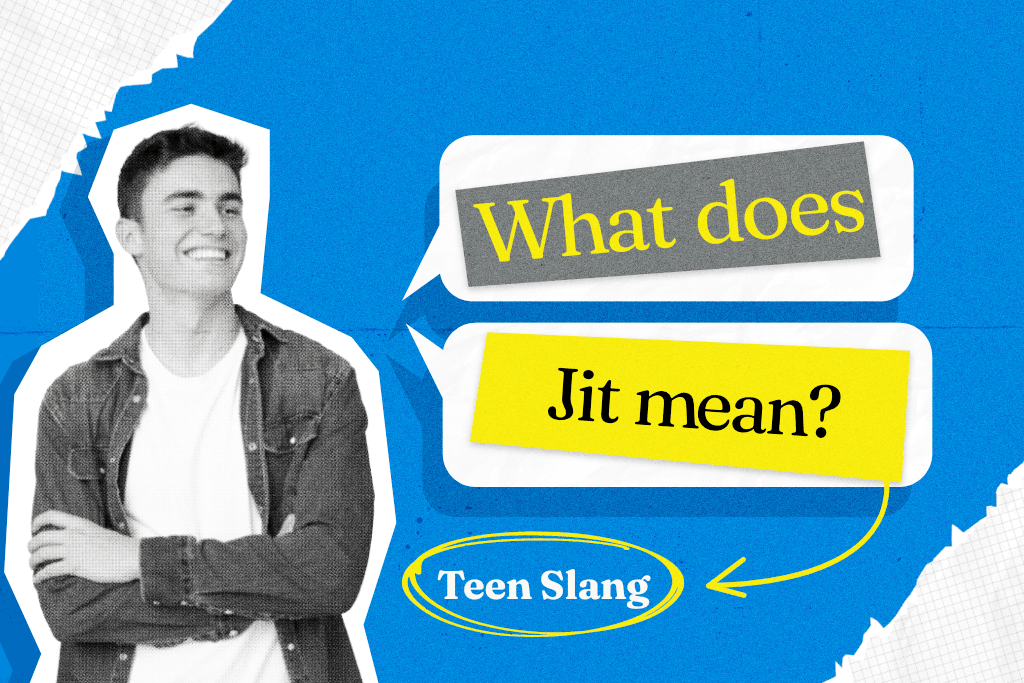Many parents wonder what is the right age to let kids use social media. When 1998’s Children’s Online Privacy Protection Act (COPPA) limited data collection from those under the age of 13, it established 13 as the de facto age of “internet adulthood.” But a lot has changed since 1998, most notably the invention and explosion of social media.
As technology has rapidly evolved, the benchmark set by COPPA is proving to be a poor standard for the realities of today’s digital society. For parents, it’s worth taking a closer look at age limits and considering the unique aspects for your family. Each family has their own values and every child has distinct strengths and weaknesses that make them more or less susceptible to internet dangers.

Trusting the social media age limits shown in app stores would be the easiest route. Every parent out there already has enough to worry about so it’s tempting to grant parental permission along the lines provided by the apps themselves. But taking a little extra time to consider whether your child is ready for specific apps is worth the effort.
To help you in the process, let’s take a look at a few common questions parents ask during the process of deciding when to let their child join social media.
Is 13 a Good Age for Social Media?
No. Even though most social media sites put their minimum age requirement at 13, most experts now agree 13-year-olds are too young to join social media. Mental health concerns (anxiety and depression, in particular), cyberbullying, sextortion, and body dysmorphia are just a short list of dangers presented by social media. Most 13-year-olds have not undergone the cognitive development needed to be ready to successfully navigate them.

U.S. Surgeon General Vivek Murthy, one of the leading voices in the conversation about safe tech usage for kids, recently cautioned, “Kids are developing their identity, their sense of self. It’s a time when it’s really important for us to be thoughtful about what’s going into how they think about their own self-worth and their relationships. And the skewed and often distorted environment of social media often does a disservice to many of those children.”
Even for parents who are aware of the dangers, it can be tempting to give into the pressure to let a child join social media at a young age.
What Percentage of 13-year-olds Use Social Media?
According to a report by Common Sense Media, more than 3 in 5 teens (13- to 18-year-olds) use social media every day. Pew Research shows how widespread social media use is among young teens, showing that a significant majority of 13-year-olds are already active on a range of social media platforms.
This often presents a seemingly impossible situation for parents. Given the dangers of social media on young minds, it’s pretty easy to say no if it’s just your kid asking for it. But if all your kid’s friends are on social media, then saying “no” to your child feels like dooming them to be an outcast.
In his best-selling book on the impact of social media on adolescents, Jonathan Haidt offers this suggestion to parents in this exact situation: “Talk with the parents of your children’s friends. Most likely, they share your concerns, and if you act together to delay smartphones and social media, then it will be easier for you and your children to reject the phone-based childhood and choose real-world community instead.”
What Qualifies as Social Media?
Social media refers to platforms that enable users to create and share content, and to participate in social networking. This includes major social media platforms like YouTube, Instagram, TikTok, and X (formerly Twitter), where users can post text, images, and videos, and interact with others through comments and likes.
Social media can also encompass messaging apps like WhatsApp, Snapchat, and Discord, where real-time communication occurs within groups or one-on-one interactions. Essentially, any digital tool that allows for online interaction, content sharing, and user engagement falls under the umbrella of social media.
TikTok and Instagram are two extremely popular platforms with kids that many parents are especially concerned about.
Is TikTok Safe for a 13-year-old?
No, TikTok is not safe for a 13-year-old. Despite its popularity and entertaining content, TikTok exposes young users to inappropriate material, privacy risks, and addictive features designed to keep them engaged for hours. The algorithm can introduce harmful trends, and the platform’s social nature may subject young users to cyberbullying and inappropriate interactions.
Is it OK for a 13-year-old to Use Instagram?
No, Instagram is not safe for a 13-year-old. The platform often exposes young users to content that is not age-appropriate, including mature themes, unrealistic body image portrayals, and potential online predators. Instagram’s focus on likes and followers can contribute to issues with self-esteem and mental health. The risks associated with cyberbullying, addiction, and identity theft provide additional reasons for parents to keep young teens off this platform.
Does Social Media Have Age Verification?
Social media platforms such as Instagram, X, and Snapchat technically require users to be at least 13 years old to join. Currently, there is no age verification beyond the honor system. Children of any age can create social media profiles by simply saying they are 13 or older.
What Parents Can Do
Encourage open communication with the intent to understand what your child is experiencing without shame. Educate them, don’t make it a taboo topic that may lead the child to hide things from you.
Ongoing communication with our kids is key to protecting and empowering them as they navigate the digital world. Talk to your kids about mental health and how the internet and media can impact them.
Consider reducing the amount of time kids are online. Establishing screen time limits has immense health benefits. The American Academy of Pediatrics has guidelines for how many hours a day can be on screens.
Whenever possible, substitute screen time for face-to-face social interactions such as unstructured play time and other healthy activities.

Carefully examine your child’s emotional and mental readiness for a phone. If you’re worried about the effects social media can have on your children, safe-tech designed for kids is the answer. Gabb devices have no internet browsers or social media apps. Every app available on Gabb phones is thoroughly vetted by our team to meet our high standards.
Parents know their children’s needs best. Continue educating your child and finding ways to make it easy for them to stay connected with friends in-person friendships. Together we can work to help our children feel loved, supported, and not another victim of the loneliness epidemic.
Do your kids use social media? Do you think they’ve been affected by having it or not having it? We would love to hear from you in the comments.









Success!
Your comment has been submitted for review! We will notify you when it has been approved and posted!
Thank you!